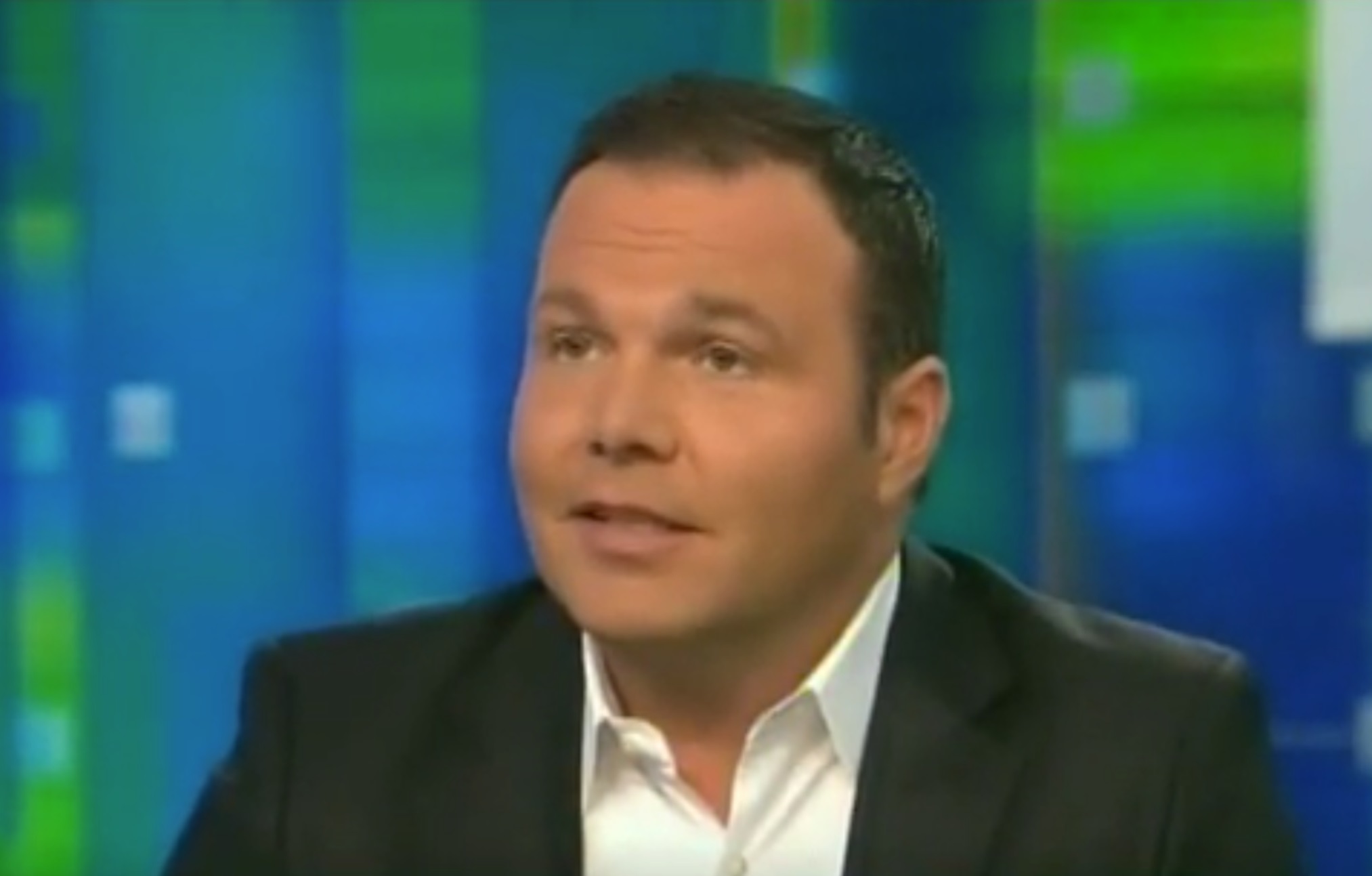The hip-hop track is flowing Daddy's House studio in Manhattan, as the man everyone calls Puffy seats himself behind the control board with a plate of soul food. He's on the phone with Alien Hughes, director of the film "Menace II Society," making plans to hang out; what he really wants is a role in Hughes's next movie. As he talks, he barks orders to the young men and women who walk through the studio-how much stationery to order, what color chairs he wants for the lobby of his new offices, what clothes he wants for one of his singers -each time punctuating his instructions with a polite "yo, thank you." Between bites of collard greens, he gets back to Hughes. "We can roll out at about 5," he says. "Don't front about the time, though. 'Cause I got a lot going on so make it real."
At 24, Sean (Puff Daddy) Combs, the record mogul in the L.A. Kings hockey jersey and baggy black pants, is one of the busiest hands in the music industry. A talented producer and canny imagemaker, he is knee-deep in the micromanagement of his label, Bad Boy Entertainment, which in its first year has already launched two million-selling acts, the rappers Craig Mack and Notorious B.I.G. The creative force behind all of his acts, he does not know how to play an instrument. Two years ago, he signed a deal with Arista for his then unlaunched company for a reported $15 million. "I don't worry about what people say and think," he says, well aware of just what they say and think. "People are going to say what they will, particularly when you're young, black and successful. I've had my troubles but I am in this business to get the most out of it."
Flashy, streetwise and entrepreneurial, Combs represents a new generation of hit-makers, one raised on the culture, language and esthetics of hip-hop. Along with Teddy Riley, Jermaine Dupri and Dallas Austin, Combs is shaping pop music the way the songwriters and producers at Motown and Stax did three decades ago. Between them, they have made hits for Michael Jackson, Madonna, Boyz II Men, TLC, Bobby Brown, Kris Kross, Da Brat and a host of others; combined, they've sold more than 70 million albums. All under 80, from bumpy backgrounds (Combs's father, for example, was killed when Combs was 3), all have built businesses on scrappy drive and an ability to turn street-corner sounds into national successes. They are the second generation of hip-hop entrepreneurs, urban autodidacts who hung around studios or record companies as the industry was starting up, catching lessons on the fly. To their young, black core audience, they are as well known as the acts they produce.
"Producers are finally getting their day," says Teddy Riley, between beeps from his pager in a suite at the Chateau Marmont in Los Angeles. It is the weekend of the Soul Train Awards, and Riley is about to iron a pair of pants. "The kids who buy and live hip-hop are totally devoted to knowing everything about the music because it's more than music to them: it's also their culture. They want to know who did what. I don't think our parents were that concerned about that." At 28, Riley is the most established of these new jacks. Raised in the St. Nicholas projects in Harlem, he started piano lessons at the age of 5 (he quit when the money ran out); at 14 or 15, he was studying electronic music and playing in Harlem nightclubs. He produced his first record at 17. Combining the walk and talk of St. Nicholas Avenue with conventional black pop songs, he has crafted hits for Bobby Brown, Guy and Michael Jackson. "It was flattering that [Michael] wanted to work with me," Riley says. "But he wants a pop feel, and I can't or won't take him there. That's not his roots--whether he knows it or not. The street is where I come from and that's what I have to offer the acts I work with."
This could be a credo for the new producers. "Teddy was so real to me," Jermaine Dupri says, "because he acted just like me and really had the 'hood feel. He made us know 'this can be yours'." Dupri, 23, the son of an Atlanta musician and manager, was pushed onstage by his father at 12 to dance with Diana Ross. Through his So-So Def Productions, he has written and produced hits for TLC, Kris Kross, Xscape and Da Brat. Dupri, who often works with Combs or Dallas Austin, admits a friendly competition among them. "When I heard Dallas's track for 'Creep' "-a TLC song about a woman who cats around on her lover to spare him her more exotic tastes --"I said, 'Damn, I've got to come strong for TLC.' We push each other to do better."
Austin, 25, who also lives in Atlanta, wrote "Creep" while cruising in his Chevy Blazer. His sound is the sweetest of the four: he wrote and produced the retro doo-wop of Boyz II Men and worked with Madonna on her "Bedtime Stories" album. As a kid, Austin used to stay up all night in his basement trying to copy the beats from Prince records. "I would get to school at 10 or 11 and the teachers would give me grief so I would just leave," he says. He dropped out in the 11th grade; by the time he was 20, he'd sold 8 million albums with Boyz II Men.
Like the others, Austin balances his time between creating the music and running his company, a joint venture with Arista. This may be a blessing-pop history books are filled with black stars who died poor after building empires for white entrepreneurs-but it may also prove a curse. Austin's label has not been as successful as his free-lance producing for others; Riley's business ventures have been spotty. "These kids think they're going to get more than they do and they have no idea how to run things," says Motown chairman Clarence Avant. "Of course the record companies offer them these [custom] labels, because it's a cheap way to get the talent they couldn't find." At Daddy's House studio, this cautionary note is lost on Combs. "We can't be ignored, not us new jacks," he says. "We're too important for them not to give us respect." As the hip-hop track flows, Puff Daddy draws final plans for an upcoming video shoot. Like all videos from Bad Boy Entertainment, it'll feature a most important cameo: his own.
Uncommon Knowledge
Newsweek is committed to challenging conventional wisdom and finding connections in the search for common ground.
Newsweek is committed to challenging conventional wisdom and finding connections in the search for common ground.
About the writer
To read how Newsweek uses AI as a newsroom tool, Click here.








